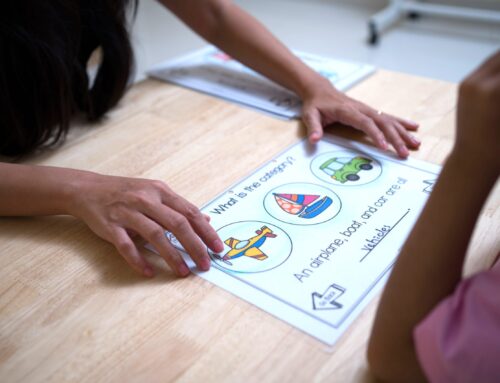Cambodia’s education system is undergoing a transformative journey, with inclusivity and accessibility at the forefront. While strides are being made, the landscape of special education remains complex, shaped by a unique history and evolving social perspectives. This blog delves into the current state of special education in Cambodia, exploring its challenges and achievements.
A Growing Need:
Estimates suggest that 10% of Cambodian children have some form of disability. This translates to a significant population requiring specialized support within the education system. However, access to quality special education remains uneven, with resource disparities persisting across urban and rural areas.
Two Paths Forward:
Cambodia embraces two distinct approaches to cater to students with disabilities: inclusive education and special schools. Inclusive education aims to integrate students with disabilities into mainstream classrooms, providing targeted support alongside regular lessons. Special schools offer dedicated environments with specialized curricula and trained instructors, catering specifically to students’ unique needs.
Challenges and Opportunities:
Despite its potential, inclusive education faces challenges. Teacher training, curriculum adaptation, and resource allocation are crucial areas requiring further investment. Additionally, societal attitudes towards disability can hinder acceptance and inclusion within mainstream classrooms.
Special schools offer a more structured environment for students with significant disabilities. However, their limited availability and geographical distribution restrict access for many. Moreover, concerns exist about potential social isolation and the stigma associated with attending specialized institutions.
A Glimpse of Progress:
Despite the hurdles, Cambodia’s commitment to special education is evident. The government has implemented policies like the 2015 Education Law, emphasizing inclusive education and promoting disability rights. Additionally, numerous NGOs and international organizations play a vital role in providing training, resources, and support services for students, teachers, and families.
Looking Ahead:
The future of special education in Cambodia hinges on multifaceted collaboration. Continued government investment, coupled with the expertise and support of NGOs and international partners, is crucial for strengthening the system.
Furthermore, raising public awareness about disability and fostering inclusive attitudes within communities will pave the way for greater acceptance and support.
Cambodia’s journey towards providing equitable education for all students with disabilities is ongoing. Recognizing the challenges and celebrating the achievements is crucial in navigating the complex landscape of special education. By prioritizing inclusive practices, investing in resources and training, and fostering societal acceptance, Cambodia can ensure that every child, regardless of ability, has the opportunity to reach their full potential.




Leave A Comment